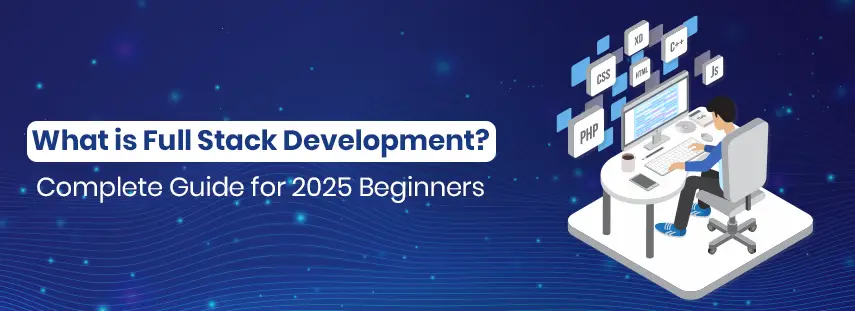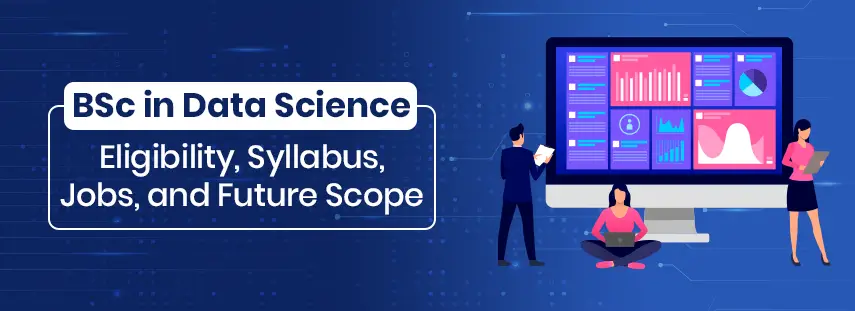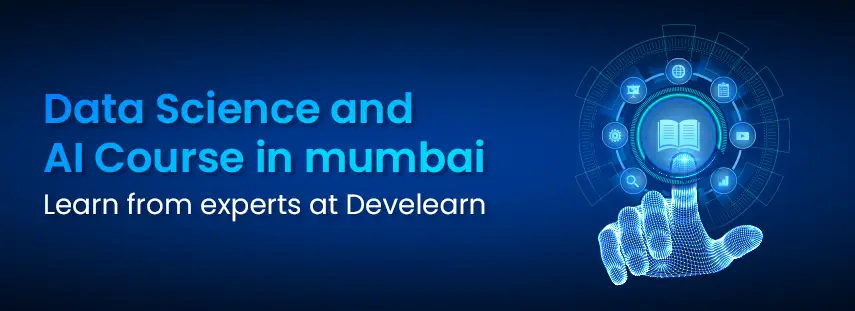Join As Students, Leave As Professionals.
Develearn is the best institute in Mumbai, a perfect place to upgrade your skills and get yourself to the next level. Enroll now, grow with us and get hired.

NoSQL Databases and Their Use Cases
NoSQL databases have revolutionized the world of data management, offering an alternative to traditional relational databases. These versatile and dynamic data storage solutions have gained widespread popularity due to their ability to handle diverse data types and scale horizontally. In this blog, we'll delve into NoSQL databases and unveil their various use cases across different industries.
Data Science
SQL
NoSQL
Database
Artificial Intelligence
DeveLearn
3 minutes
September 22, 2023
Loading content...




